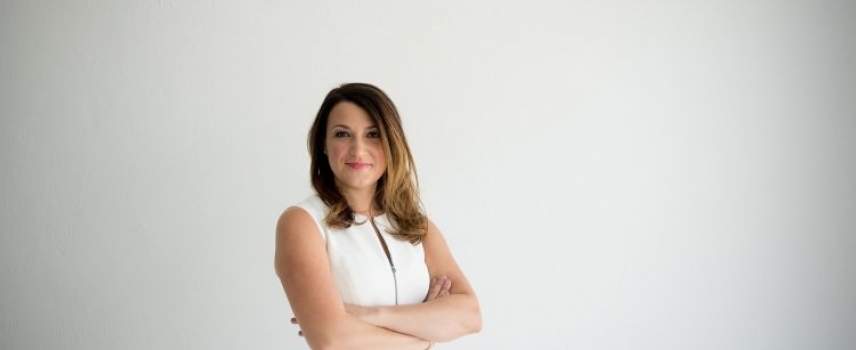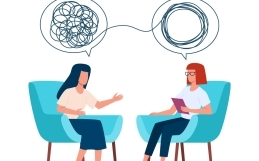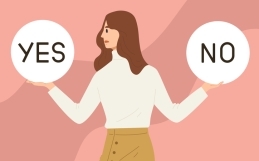Without deep reflection one knows from daily life that one exists for other people.
– Albert Einstein
I know just how you’re feeling. You feel disconnected, alone, and like no one understands you. Even if you could muster up the courage to speak your truth, you know deep down that others won’t understand you anyway. This leaves you speechless and discontent. You try to comfort yourself by thinking that maybe the demands will stop one day. Then you can be left to be your own person and live your life the way you want to live it. Or maybe the demands will just keep increasing while your energy levels keep decreasing. You feel trapped and restricted by your decisions. You feel fated to live this way forever. The life of giving that’s supposed to offer you so much in return has left you questioning the true nature of everyone around you.
If the paragraph above hits close to home, you probably live according to a belief system which dictates that the only way your life can change is if the people around you, the one’s you’re so conditioned to catering to, change first.
No wonder you feel so trapped!
Sitting around praying for people to understand how much pressure they put on you, or hoping that they’ll one day lessen their demands, drama, and constant urgencies is futile. Without changing your own behaviors, this kind of wishing and hoping isn’t just foolish, it’s straight up counterproductive. The only authentic way out of this dilemma is to start becoming aware of your own internal world, recognizing that the only person you can change is yourself.
You do this by taking a closer look at your natural, automatic responses to the people in your life. We, chronic people pleasers, develop these types of natural responses in order to make ourselves feel better and ease the discomfort of those around us. However, our natural response to please is the very thing that leaves us feeling betrayed. We become restricted by the predictable, automatic efforts to relieve the pressures of life. Since we’ve always lived this way, we don’t know how to change. This can feel frustrating and suffocating. You see, we all believe that we’re ultimately in charge of our personal choices—that if other people were less forceful, we would have control of our lives. But something far stronger, far more powerful lurks beyond that belief: our instinctual urges.
Driven by your inborn urges, you aren’t in the driver’s seat of your life. As a people pleaser, your instinct to relieve the presence of any discomfort in yourself and others is driving your life. Therefore, you experience tremendous discomfort within your relationships. You’re motivated primarily by feelings of inadequacy and a consuming fear that you won’t be accepted or approved of by others.
The way out of the people pleasing trap isn’t to figure out how other people can change, even though it’s easier to see them as the problem. It’s to find ways to change your own natural responses to people, realizing how unhelpful those behaviors are to you and those around you. Contrary to what you might believe, you aren’t bringing your best self forward when you conduct yourself in pleasing ways; you’re simply acting in ways that showcase your natural instincts.
In my new book, “When It’s Never About You: The People-Pleaser’s Guide to Reclaiming Your Health, Happiness and Personal Freedom,” I explore in detail the process of stopping the people pleasing pattern once and for all. I explain how readers can learn to manage themselves and their impulsive pleasing behaviors by becoming more of a self, finding their true voice, thinking independently, and authoring their preferred story for living. Here I summarize for you some of the key points I make in my book, in order to help you be done with pleasing!
• Becoming aware of yourself: The greatest changes begin when we look at ourselves with interest and respect, instead of judgement and denial. When we invite our thoughts and feelings into awareness, we have the opportunity to learn from them instead of unconsciously reacting to them, and we increase our awareness of reality by being willing to encounter our personal truths. This gives us more of a handle on the natural impulses we have that aren’t helpful. It also gives us the choice to make a different move.
• Realizing that doing too much is hurting your relationships: The health of your relationships depends on you taking care of your share and being true to yourself. When you do too much for others, you over-function in your relationships, which inevitably leads others to under-function. The intentions behind the over-functioning may be good, but they ultimately hinder the overall effectiveness of your relationships.
• Understanding the importance of being yourself: We’re all unique individuals. We should be able to act authentically and connect with who we are and what we value.
• Learning to let go: If you’re stuck in the past and can’t let go of things that happened to you, chances are you’re accepting what your abusers, bullies, or other negative people in your life believe about you. You’ll remain imprisoned by them, never able to access your full potential, if you don’t learn to let go.
• Realizing that avoiding problems doesn’t help you grow: When problems arise in our lives, we tend to react by immediately trying to get rid of them and the feelings they bring. We try everything in our power to avoid experiencing even the slightest discomfort and pain, which fuels our natural urges. When we avoid our problems and try to get rid of them immediately, we only make things worse for ourselves in the future.
• Deciding whether you want to be a prisoner of love, or free to love: Take responsibility for the role you play in your relationships, and use your voice to help make those relationships balanced and mutually satisfying. Step out of your comfort zone. It takes courage to make changes and set boundaries.
• Navigating through anxiety: When we make anxiety-based decisions, we aren’t being true to what we really want. We act impulsively, based on instinct, inevitably causing us to experience more anxiety in our lives. When you learn to better manage your instinctual urge to please, you’ll find yourself on more solid ground in your relationships with your family, your friends, and yourself.
• Finding acceptance of self: Accepting yourself is an ever-evolving process. But it starts now! This is the time to know your worth and start taking on the project of becoming your best self.
If someone you know could benefit from breaking the people pleasing cycle, forward this article to them. It’s never too late to live a free life—one that’s finally about YOU. Stay tuned for the release of “When It’s Never About You.” Coming Soon!
Did you enjoy reading this article?
Once a week I send out a newsletter with new articles and unique content for readers. It is my way of staying in touch with you and giving you free advice based on some important topics.
Click here to sign up for my newsletter.
Talk soon,
Dr. Ilene
Article edited by Dr. Denise Fournier





